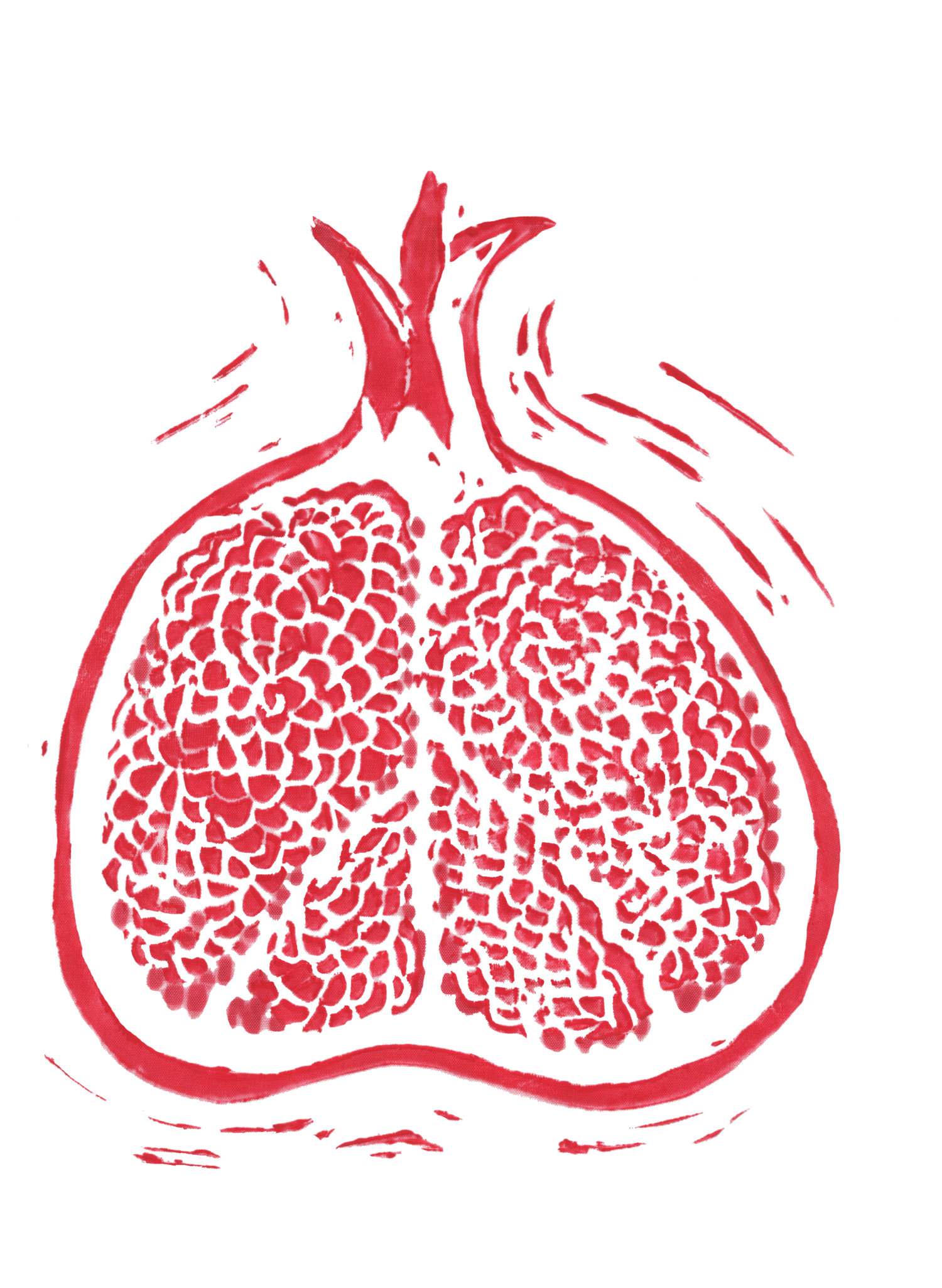Disaster
Preparedness
Alexandra’s Workshop
February 7, 2020
Toronto Islands, Toronto, ON
"Alexandra’s disaster preparedness workshop—and Joshna’s lunch made out of dry goods and pantry staples—played out in my head again and again as we entered the first COVID lockdown." –Sasha
For many settlers, Toronto doesn’t seem like an especially disastrous place.
The city’s topography isn’t radically vulnerable - it’s not San Francisco, balanced on a fault line, or New Orleans, crouched below sea level on the Gulf Coast’s Hurricane Highway. But climate change is rapidly challenging these assumptions of what’s ‘safe’ and what’s ‘risky.’
To start thinking about catastrophe in our own backyard, we spent the day on Toronto Island, which recently experienced historic flooding. We began our (very chilly!) day on the ferry, and then met with resident-activists who are working to protect their community against rising waters, outdated policies and bureaucratic indifference. In the afternoon, we heard from CREW – the non-profit group Community Resilience to Extreme Weather – about their organizing efforts in high-rise buildings during heat emergencies and fire. And in between we enjoyed a delicious and creative disaster lunch. Designed by Joshna Maharaj, the menu consisted entirely of food that would still be edible and cookable several days into an extended power outage – not an unusual event in Toronto’s long hard winters.
Throughout the day, we planned emergency preparedness kits and discussed the consequences of always seeing disaster as something that happens somewhere else, to someone else.
Readings included the Book of Genesis, Amitav Ghosh’s The Great Derangement, Mark Mann’s article “Hell and High Water,” Neil Smith’s “There’s No Such Thing as Natural Disaster,” and an episode called “Prepping for the Worst” from “Proof: America’s Test Kitchen Podcast.” These texts, paired with several practical how-to-deal-with-disaster articles, paved the way for discussing the Western world’s current relationship with natural disasters, how confronting the inevitability of disaster can help prepare us for dealing with them, and how to follow a potential model for disaster survival. By drawing on climate crisis and the impending COVID-19 pandemic, these readings helped provide an important framework for what disasters really are and how we can work together to face them.
Disaster preparedness often means getting your own family ready for a potential catastrophe - and leaving everyone else to fend for themselves. How can we expand beyond this competitive and isolating framework? And instead see disaster preparedness as community work?
How would our lives change - individually and as a society - if we really got ready for disaster?
What happens if we stop being surprised every time catastrophe strikes, and give up seeing every cataclysm as unprecedented and out of the blue?
"Alexandra's workshop emphasized that disasters... illuminate the fault lines of the way our world is organized: economic disparity, neoliberalism, absence of forethought, politics based on performance rather than on meeting human needs."
–Roz
“Meanwhile the mother, fearing, searches in vain for the maid, through all the earth and sea…So, in that place, with cruel hands, she broke the ploughs that turned up the soil, and, in her anger, dealt destruction to farmers… ordered the ever-faithful land to fail, and spoiled the sowing.”
Metamorphoses, Book V




